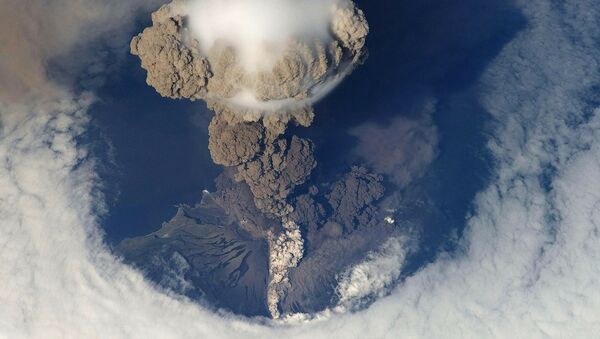Almost 300 earthquakes have shaken the territory of the biggest islands of the Canary archipelago, Tenerife and Gran Canaria, over the last ten days. According to the Spanish National Geographic Institute, the biggest one, with a 3.2 magnitude of on the Richter scale, happened 35 km away from the Port of Las Palmas de Gran Canaria.
The area is the home to the world's third-tallest volcano, Mount Teide and the National Park of the same name, which is incidentally one of the most visited tourist destinations, with lots of volcanos.
The research cited by the Daily Star, suggested that seismic activity has been caused by a submarine fault between the two major Canary Islands, which could lead to an eruption, similar to the recent Hawaiian disaster. Kilauea volcano there sent spit lava flows to the neighboring houses, forcing thousands to evacuate.
READ MORE: Lava Fumes Threaten Residents on Hawaii's Big Island — Civil Defense (VIDEO)
Fears that the Canary’s Teide volcano may be reactivated and fears of a mega-eruption forced the government to appoint an urgent meeting.
However, the director of the National Seismic Network from Spain's National Geographic Institute, Emilio Carreño, speaking to Canary News, suggested, that these minor quakes were of tectonic origin and are “not usually associated with volcanology."
“It is not unusual. Right now in the Peninsula there are quite a few places at which these series are being observed, it is common during any single month to register between 100 and 600 earthquakes in areas like in the Jódar area, or in Jaén, which can experience between 400 and 500 at the same time,” he told the media.


